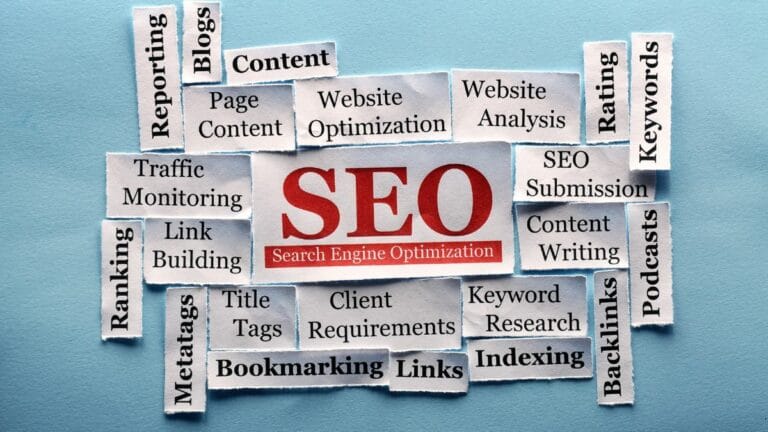In 2025, SEO is no longer just about keywords or backlinks — it’s about understanding intent, user experience, and smart automation. Whether you’re a business owner or digital marketer, building a results-driven SEO strategy requires a mix of data, creativity, and adaptability. Here’s how to create a strategy that truly drives organic growth this year.
1. Understand How SEO Has Evolved
Search Engine Optimization has changed dramatically in recent years.
Google’s algorithms now prioritize E-E-A-T — Experience, Expertise, Authoritativeness, and Trustworthiness. That means your strategy must focus on real value, not shortcuts.
Key takeaway:
→ Forget keyword stuffing — focus on answering your audience’s questions better than anyone else.
2. Start with Clear Business Goals
Before diving into tools or tactics, define what success looks like.
Do you want more traffic, higher conversion rates, or brand visibility? Each goal requires a different SEO approach.
For example:
- A service business should focus on local SEO and content authority.
- An e-commerce site should prioritize product page optimization and Core Web Vitals.
Pro Tip:
Align your SEO goals with your sales funnel — not just with keywords.
3. Build a Data-Driven Keyword Strategy

Keyword research is still the foundation — but in 2025, it’s about intent clusters, not individual words.
Use tools like Google Keyword Planner, Ahrefs, or Semrush to identify how people actually search.
Focus on three types of intent:
- Informational: “how to improve website traffic”
- Commercial: “best SEO agency for small business”
- Transactional: “buy SEO audit services online”
Combine them to create a topic cluster that reinforces your authority.
4. Create High-Value, Human-Focused Content
Even in the age of AI, the best content feels human.
Mix data, storytelling, and experience. Include case studies, statistics, or personal insights.
Content formats that perform in 2025:
- Long-form guides (1500+ words)
- Expert round-ups or interviews
- Visual explainers and infographics
- AI-assisted posts with human editing
Your content should help, educate, or inspire — not just fill space.
5. Optimize for UX and Core Web Vitals
Google now measures how users experience your website.
That includes page speed, interactivity, and visual stability.
Quick UX wins:
- Compress images and use next-gen formats (WebP).
- Improve readability with white space and clear typography.
- Simplify navigation to reduce bounce rate.
A seamless experience = stronger engagement = higher rankings.
6. Leverage AI and Automation Tools
AI doesn’t replace SEO — it amplifies it.
Use automation for research, analytics, and performance tracking, not for mass content production.
Tools worth using in 2025:
- SurferSEO / NeuronWriter for content optimization
- ChatGPT / Jasper for brainstorming and outlines
- Google Search Console + GA4 for real-time insights
When used wisely, AI helps you save time and make smarter SEO decisions.
7. Track, Analyze & Adapt
SEO isn’t static — it’s an ongoing process.
Review your performance monthly, identify what’s working, and adapt your strategy accordingly.
Metrics to track:
- Organic traffic growth
- Click-through rates (CTR)
- Keyword ranking positions
- Conversion rate from organic
Continuous improvement = long-term success.
Conclusion
In 2025, SEO is more strategic and human than ever.
The winning approach blends technology, empathy, and expertise — not tricks or automation alone.
If you focus on understanding your audience and providing genuine value, your SEO strategy will deliver sustainable growth.





